Responsibility at SYK
Three key themes were identified for SYK’s responsibility:
 responsibility for own operations
responsibility for own operations  responsibility to the customer
responsibility to the customer  responsibility for the property portfolio managed by the company
responsibility for the property portfolio managed by the company Our responsibility vision
We drafted our responsibility vision in 2017. The vision is that our campuses will be the most responsible campuses in Europe by 2030. This means the following:
1) Ecological sustainability
As active members of our community, we participate in the global effort to mitigate climate change and preserve biodiversity. We utilise renewable and smart energy solutions as we move towards energy-positive and carbon-neutral campuses. We are aware of our own ecological footprint and we develop the ecological sustainability of our campuses in cooperation with others.
2) Financial sustainability
By being frugal with capital, we are also frugal with natural resources. Being diligent in capital allocation allows us to ensure the responsible effectiveness of our operations. By applying the principles of the sharing economy and smart resource utilisation in our operations, we also create the conditions for new entrants.
We contribute to economic stability by developing our campuses into attractive places. Our strong financial position also enables us to be ecologically and socially responsible.
3) Social sustainability
Everyone is entitled to learn and access information. As a developer of learning and research environments, we contribute to the creation of social sustainability.
Campuses as open and constantly changing operating environments make it possible to utilise multiculturalism in internationalisation. We work with universities to create safe, healthy and ideal conditions for lifelong learning.
We also recognise our role in preserving the cultural heritage. We play a part in facilitating research and education, which in turn promotes regional vitality and well-being.
-
Financial sustainability
We contribute to economic stability by developing our campuses into attractive places. Our strong financial position also enables us to be ecologically and socially responsible.
-
Ecological sustainability
As active members of our community, we participate in the global effort to mitigate climate change and preserve biodiversity.



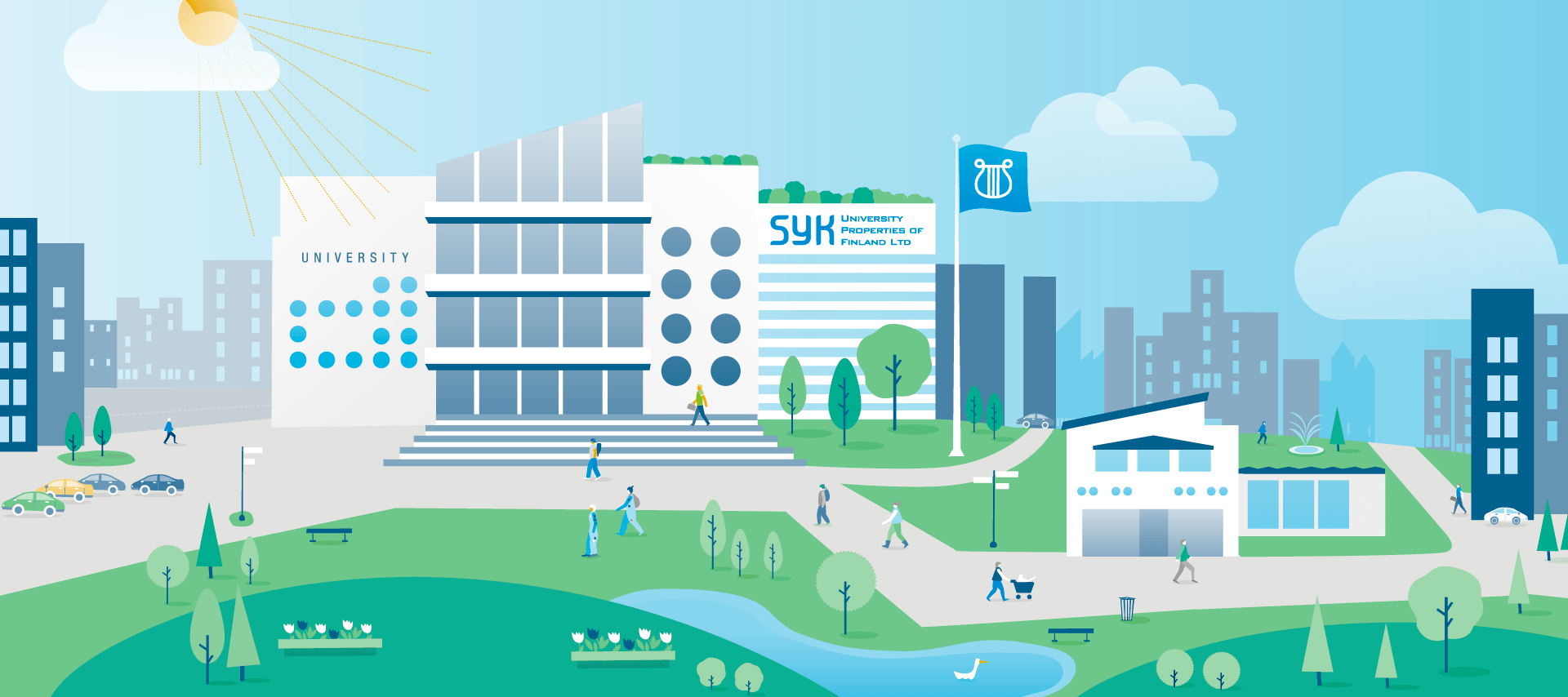
Guided by our vision, we will move towards more comprehensive responsibility.
Responsible development of property assets
As a property owner, SYK’s responsibility is centered around developing properties in line with the principles of sustainable development. We are responsible for providing our customers with appropriate and healthy operating premises. Our aim is to ensure the long-term sustainability of our properties from the human, environmental and economic perspectives.
We want to develop our campuses into environments where everyone, regardless of their role or perspective, can find it motivating and meaningful to act responsibly and in line with sustainable development. We want our campuses to have a positive impact that supports responsible lifestyles.
Only buildings that are used can generate added value for society, which makes them worth the investments made in their construction and maintenance. Accordingly, developing the attractiveness of our campuses is also significant from the perspective of responsibility. We want our campuses to be attractive and highly integrated parts of vibrant university cities.
Making more efficient use of space is responsible from the perspective of the economy as well as the environment. At the same time, we recognise that learning is a social situation. We often convert underutilised premises into group work spaces to support collaborative learning.
We are responsible for providing our customers with appropriate and safe operating premises.
Cooperation with partners
We are a small expert organisation whose operations are based on reliable partnerships. Our partner network consists of hundreds of partners, the most significant of which are universities, construction companies, property maintenance companies, consulting companies, funding providers, property leasing operators and other expert organisations. We aim to build sustainable and long-term relationships with our partners.
In our role as client, we require our partners to operate responsibly. Economic responsibility and environmental responsibility are emphasised in our assessment of partners. In practice, this can involve issues related to taxation and nature.
We develop our industry by making substantial investments in research, development and innovation activities that help take the property and construction industry forward. We also promote a culture of experimentation by allocating funds from our annual renovation budgets to demo projects implemented in partnership with universities each year.
As a small expert organisation, our operations are based on reliable partnerships.
Reporting on responsibility
We have strengthened the principles of sustainable development in our operations since 2011, practically throughout our company’s existence. We have developed our responsibility reporting since 2013. We report on responsibility in accordance with the GRI principles and we publish an integrated report in the GRI database.
The aim of our reporting is to promote the openness and transparency of our operations, to provide increased opportunities for comparisons within the industry and to improve the monitoring of key aspects. A further goal is to identify aspects of our operations that our stakeholders have a special interest in, through which we can strengthen our positive impacts on the surrounding society, economy and environment.
We also carry out comparisons with corresponding reports by other operators in the property sector and interact with them to jointly develop responsibility within the industry.
We also participate in the discussion on responsibility in our industry together with our stakeholders. We are also interested in new reporting models. We are a member of the FIBS corporate responsibility network and we take advantage of the lessons and ideas that originate from the network.
10 largest partners, measured by revenue, in 2010–2017


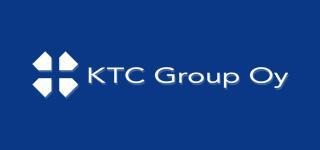
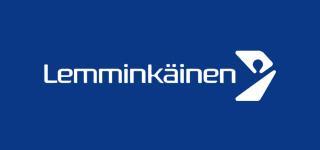


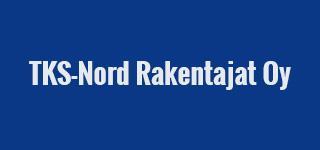



SYK’s dimensions of responsibility
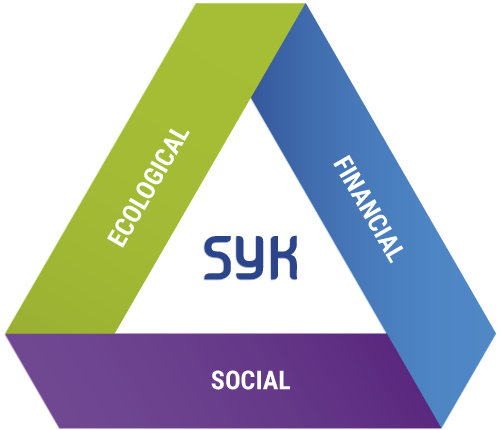
Ecological sustainability
- Energy source
- Self-sufficiency in energy
- Energy efficiency of buildings
- Emissions
- Circular economy
- Waste
- Resource efficiency
Social sustainability
- Customer satisfaction
- Learning environments
- Employee satisfaction
- Well-being
- Cultural heritage
- Safety
Financial sustainability
- Solvency
- Self-sufficiency
- Responsible development of assets
- Economic support for society
- Sharing economy